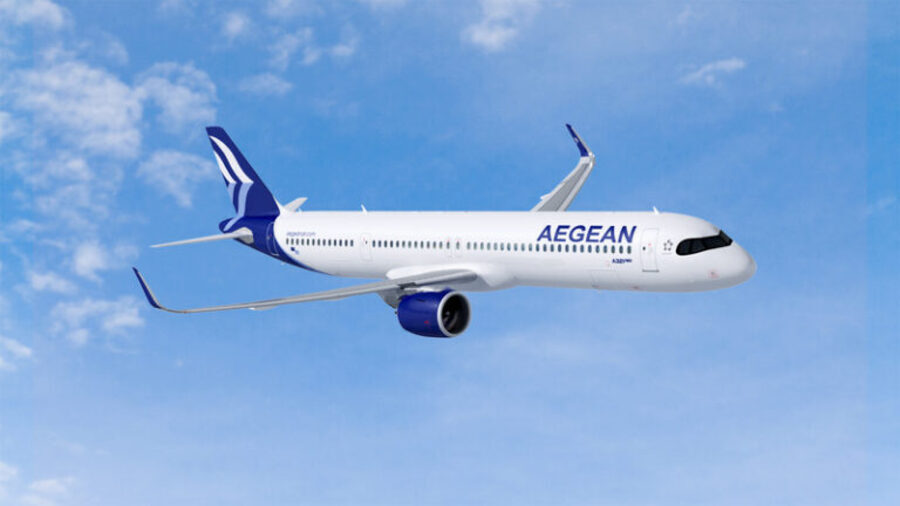United, Lufthansa, Emirates, Qatar, FlyDubai, and More Suspend Flights Amid Israel-Iran Conflict Frenzy - Travel And Tour World
Friday, June 13, 2025

The Israel-Iran conflict has intensified, leading to widespread disruptions in air travel across the Gulf. Several major airlines, including Emirates, Qatar Airways, Lufthansa, FlyDubai, Mahan Air, Iraqi Airways, United, Air France, Air Baltic, El Al, Etihad Airways, Aegean Airlines, Smartwings, and Azerbaijan Airlines, have suspended or rerouted flights. These ongoing flight cancellations in the Gulf have left thousands of passengers stranded or facing significant delays. As the situation remains unstable, more disruptions are expected due to security risks and airspace restrictions.
As tensions continue to rise, this article explores the widespread disruption caused by these flight adjustments and the ongoing challenges travelers face in the volatile Middle Eastern airspace.
Emirates, one of the largest carriers in the Gulf, has suspended multiple flights to and from Iraq, Lebanon, Jordan, and Iran. The Emirates Airlines cancellations are a direct response to the growing security risks caused by Israeli airstrikes on Iranian military facilities. The airline’s decision reflects concerns over the safety of flying in a region marked by increasing aerial threats.
Similarly, Qatar Airways has grounded flights to Iraq and announced flight diversions over Iran. The Qatar Airways flight suspensions are part of a broader effort by airlines to avoid conflict zones and ensure the safety of passengers and crew. As a result, many travelers are left uncertain about their plans, with limited rescheduling options available as the situation evolves.
In addition to the Gulf-based carriers, several international airlines have adjusted their routes in response to the ongoing conflict. United Airlines, a major U.S. carrier, has rerouted several of its international flights to avoid flying over the Middle East, particularly in the vicinity of the conflict zones. These adjustments have added time to travel durations and led to further delays for travelers.
Air France and Air Baltic have also announced flight route alterations. Air France has suspended flights to Tehran and is avoiding airspace over Iran and Iraq. Similarly, Air Baltic has adjusted its routes to bypass the affected airspace, leading to longer flight times for passengers.
El Al, Israel’s flag carrier, has suspended some of its international flights due to the conflict. El Al’s decision to ground flights comes after heightened security concerns and the closure of Israel’s Ben Gurion Airport. These cancellations have disrupted travel for passengers flying to and from Israel.
In the Gulf, Etihad Airways, Aegean Airlines, and Azerbaijan Airlines have all been forced to adjust their flight paths. Etihad Airways, based in the UAE, has canceled several flights to Tehran and other conflict zones. The airline confirmed that it would avoid flying over Iraq and Israel for the time being. Similarly, Aegean Airlines, which serves several destinations in the Middle East, has altered its routes to avoid the risk of flying through affected airspace.
Azerbaijan Airlines, which operates flights from Baku, has also been impacted by the conflict. The airline has made changes to its routes, particularly for international flights transiting through Iranian or Iraqi airspace. These diversions are necessary to ensure the safety of the airline’s passengers and crew.
Iraqi Airways, the national carrier of Iraq, has been severely affected by the closure of Iraq’s airspace. With airspace closures in Iraq now in effect, Iraqi Airways has been forced to suspend flights and reroute others. The closure of air corridors in Iraq has led to cancellations and delays, affecting both international and domestic flights.
The disruption caused by the closure of Iraqi airspace has compounded the ongoing Middle East flight disruptions. The airline has been working to adjust its schedule, but these changes have led to increased travel times and frustration for affected passengers.
The flight cancellations in the Gulf are not limited to regional carriers but are affecting airlines worldwide. Air India, British Airways, Turkish Airlines, and others have been forced to reroute flights to avoid flying over conflict zones. These diversions add significant time to travel and contribute to the overall increase in air traffic congestion, particularly at alternative airports in Istanbul, Yerevan, and Baku.
Several European airlines, including Air France and Air Baltic, are avoiding Middle Eastern airspace entirely, which has led to longer travel times and higher operational costs. For passengers traveling from Europe to Asia or the Middle East, these diversions are a significant inconvenience.
As the conflict continues, more flights are being diverted to avoid affected airspace. Airlines like Emirates and FlyDubai have been rerouting flights to safer airspace, often leading to extended travel durations. Other airlines, including United, El Al, and Etihad Airways, have also been forced to make last-minute route changes, further contributing to delays.
The strain on airports like Baku, Istanbul, and Yerevan, where diverted flights are landing, has caused congestion and longer waiting times for passengers. These diversions are necessary for safety but have led to a backlog of travelers who now face longer-than-expected travel times.
The flight cancellations in the Gulf caused by the Israel-Iran conflict are expected to persist as tensions remain high. Airlines such as Emirates, Qatar Airways, Lufthansa, FlyDubai, Mahan Air, Iraqi Airways, United, Air France, Air Baltic, El Al, Etihad Airways, Aegean Airlines, Smartwings, and Azerbaijan Airlines are all grappling with airspace closures, Middle East flight disruptions, and the rising risks posed by aerial threats in the region. Travelers are urged to stay informed through official airline channels and government advisories as delays, cancellations, and diversions continue.
For those traveling through the Gulf or planning to visit affected destinations, it is crucial to stay flexible and be prepared for potential disruptions. As the situation remains volatile, air travel in the region will continue to face significant challenges.











